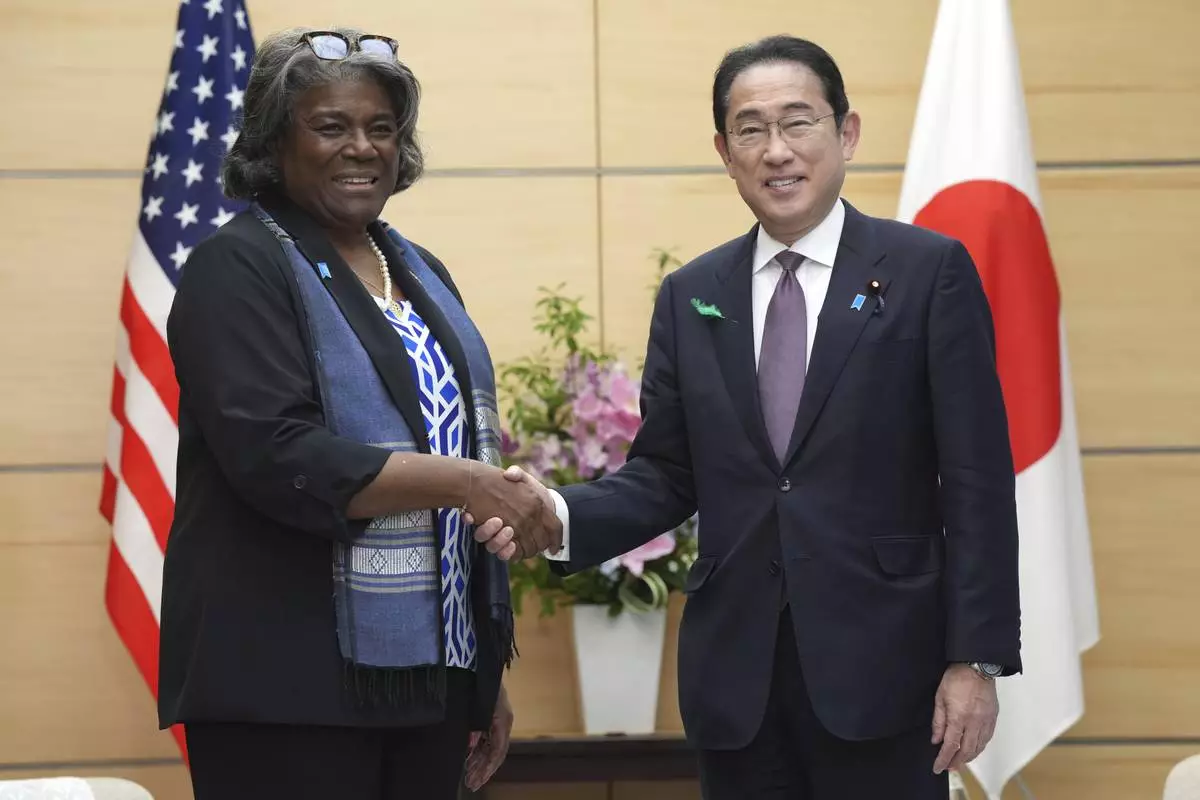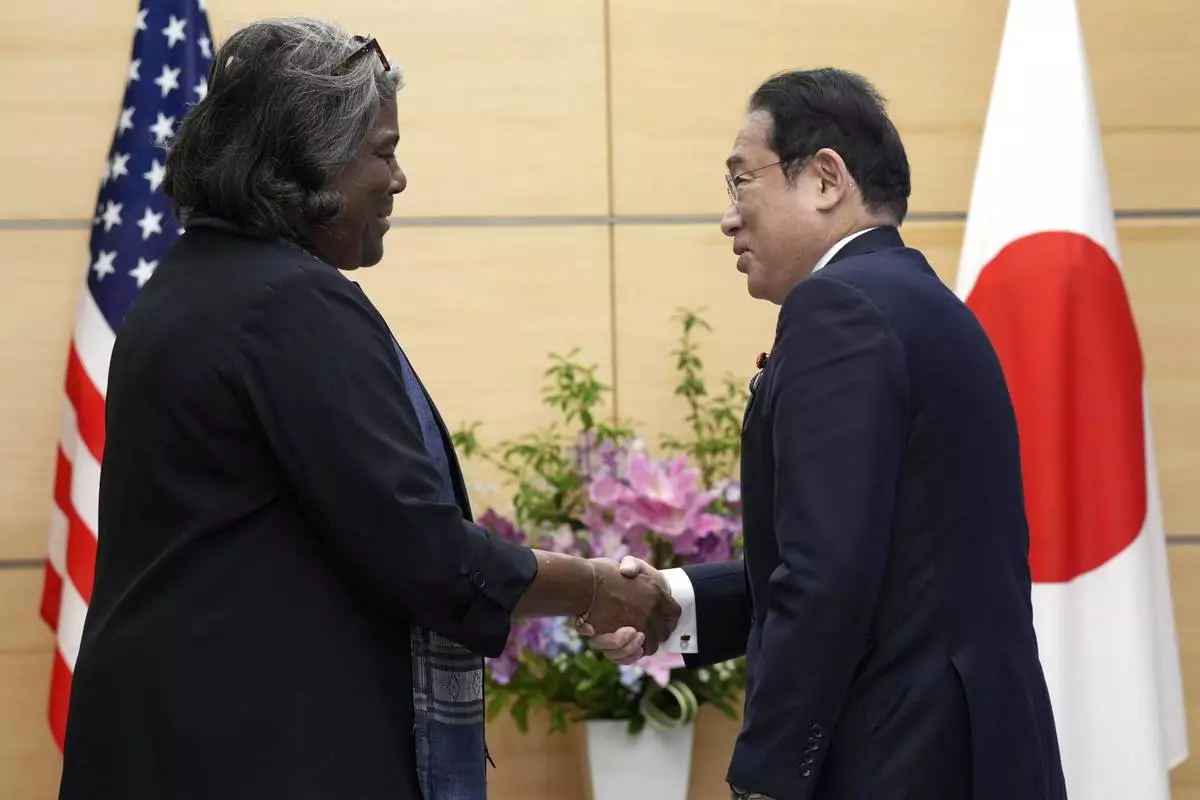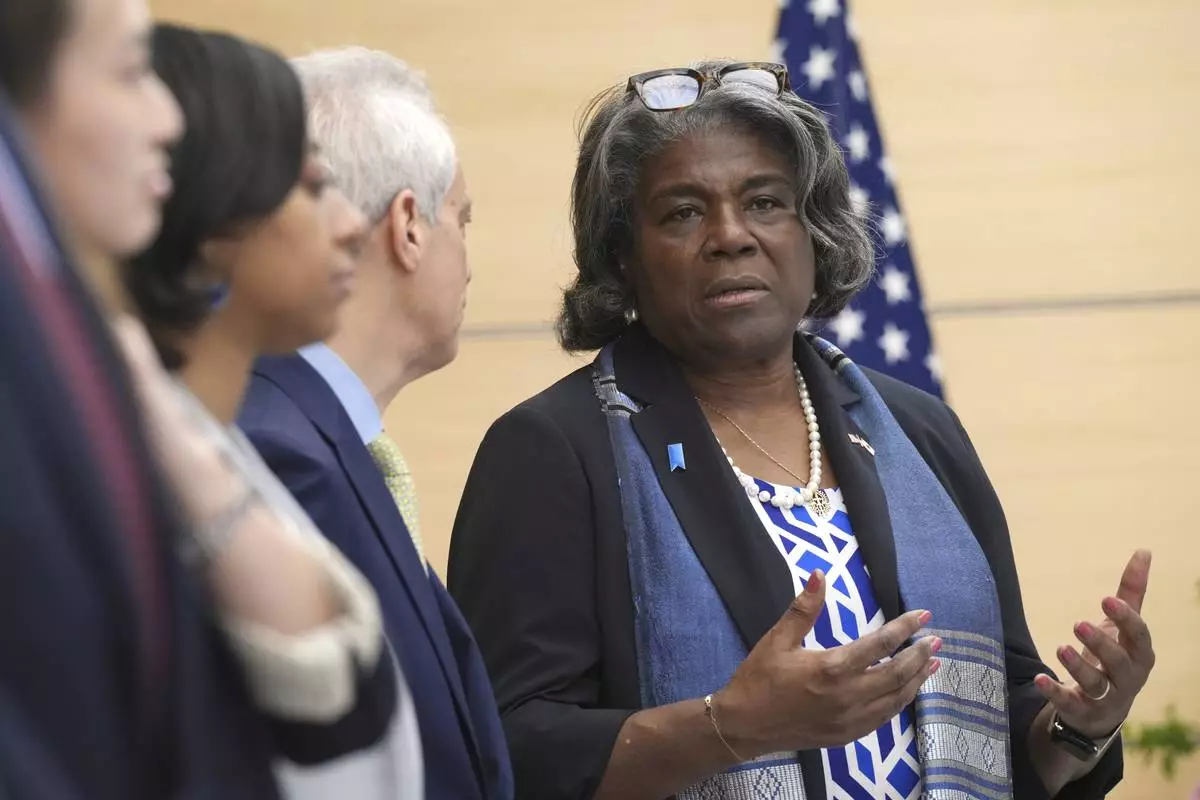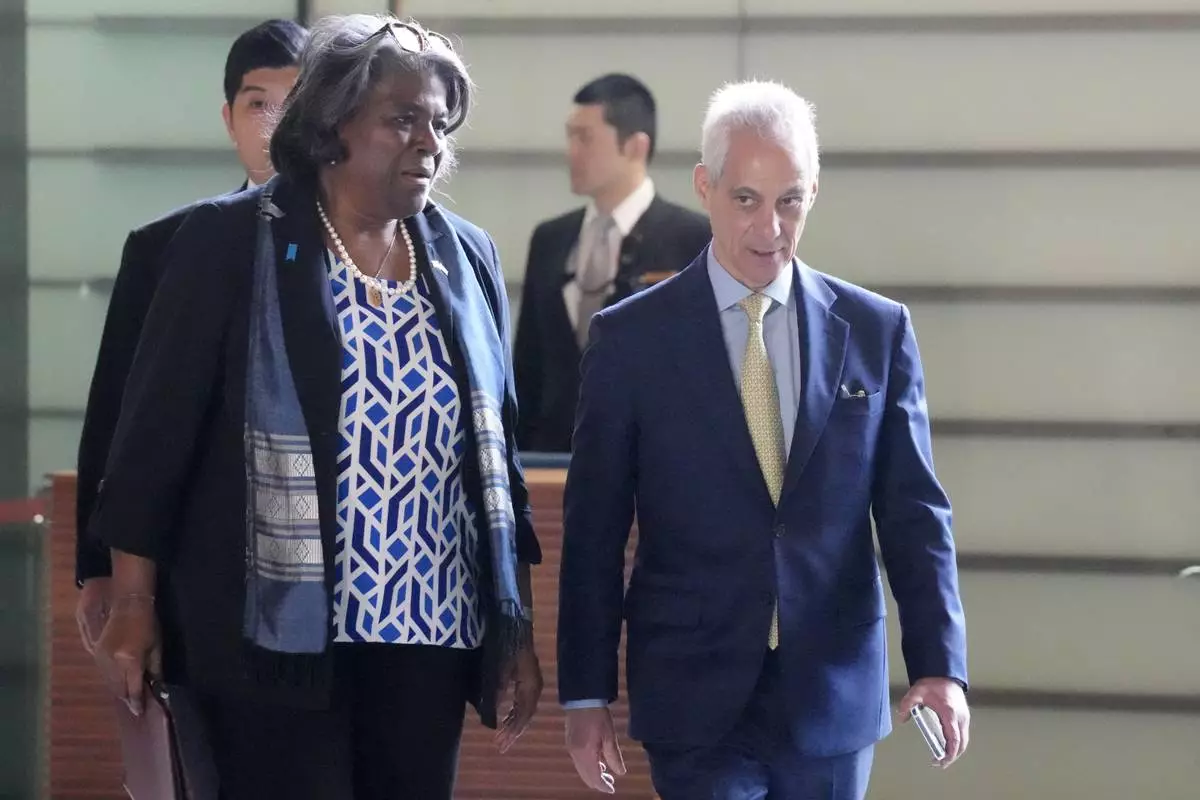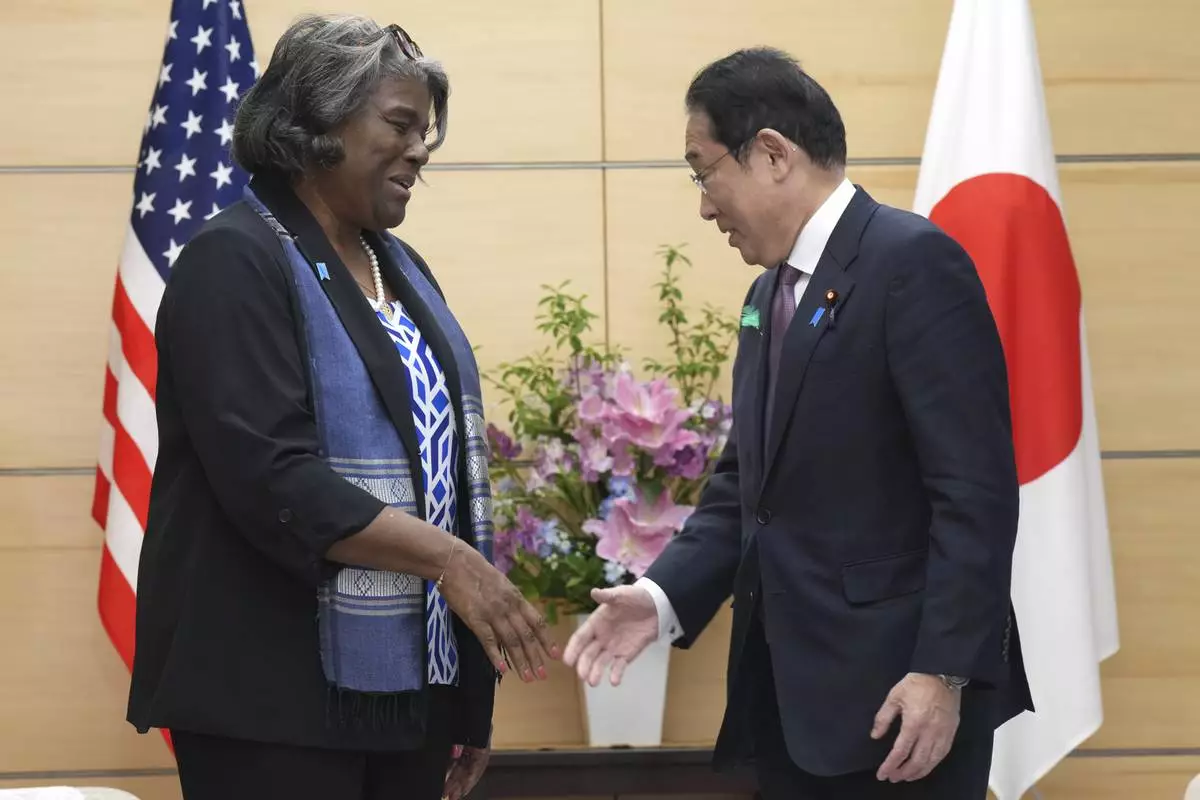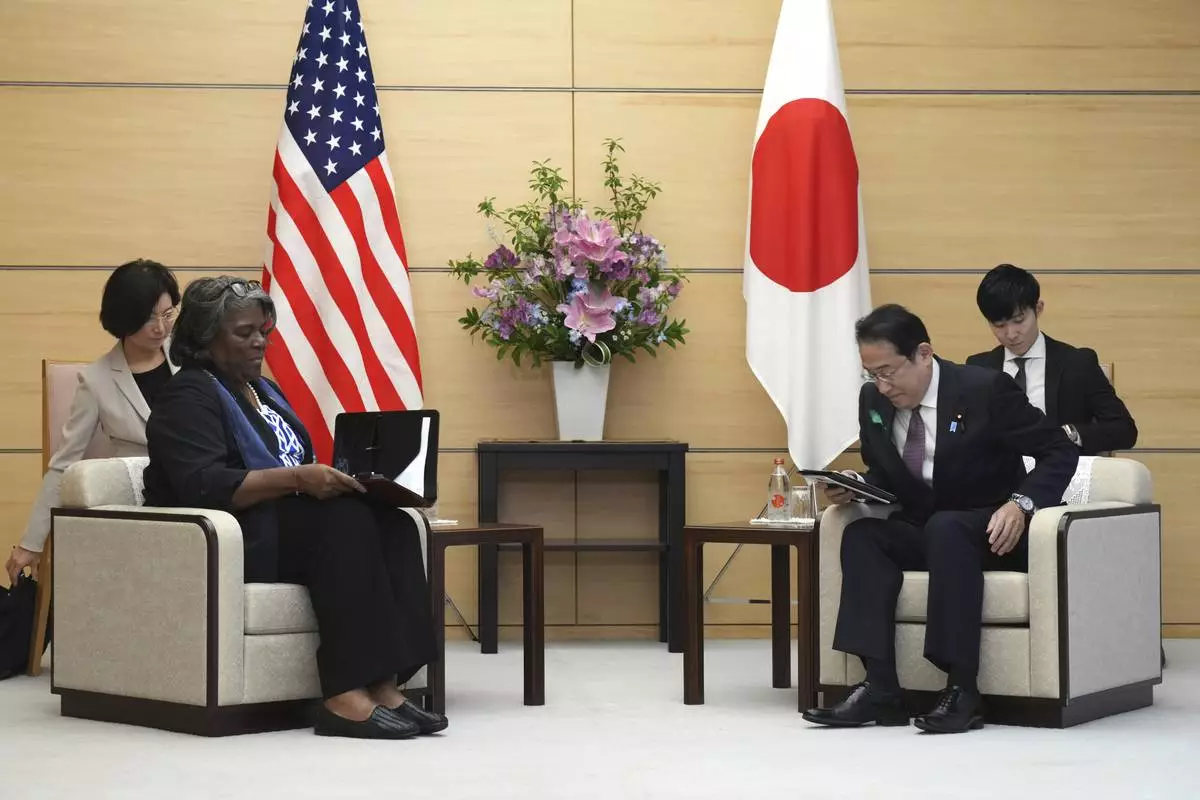The "Medicare for All" legislation that's become a clarion call for progressives has two little-noticed provisions that could make it even more politically perilous for 2020 Democratic presidential candidates.
The legislation from White House hopeful Sen. Bernie Sanders, along with a similar measure in the House, lifts curbs on government health insurance for people in the country illegally and revokes longstanding restrictions on taxpayer-funded abortions.
Embracing the changes will give Democratic candidates a boost with the party's liberal base in a wide-open primary fight. But such divisive issues could complicate things for an eventual nominee seeking voters in the middle. President Donald Trump has denounced Medicare for All as "socialism," and immigration and abortion are issues that energize Trump's political base .
"It seems like the writers of the bills are just trying to pander to the Democratic activists," said Janet Robert, president of the anti-abortion advocacy group Democrats for Life. "You don't see this coming from Democrats who run in communities in more rural areas. You don't just need votes from Democratic activists to win the election."
But Kristin Lynch, a spokeswoman for 2020 Democratic hopeful Sen. Cory Booker of New Jersey, said the senator believes "it is imperative that all residents of the U.S. have affordable, quality health coverage," including "comprehensive reproductive care." Booker is a co-sponsor of Sanders' bill.
Other Democratic senators running for president have also signed on to their Vermont colleague's legislation: Kirsten Gillibrand of New York, Kamala Harris of California, and Elizabeth Warren of New York. Their offices did not respond to requests for comment.
Beyond the Senate, a spokeswoman for 2020 Democratic candidate Pete Buttigieg said he supports lifting current restrictions on taxpayer funding for abortion. Buttigieg, mayor of South Bend, Indiana, generally supports covering immigrants even if they are in the country illegally, but she said he'd have to see specifics.
Neither Sanders' bill nor the similar measure in the House has a realistic chance of becoming law, with the Senate controlled by Republicans and Trump in the White House. But the House bill will get committee hearings this year, and supporters are pressing for votes.
So far, the debate has centered on the bill's promise of quality care with no premiums or copays versus its potentially huge costs. Adding immigration and abortion take it in a different direction.
The words "immigrant" and "abortion" don't appear in Sanders' bill, which is expected to be re-introduced soon, or in House legislation from Democratic Reps. Pramila Jayapal of Washington and Debbie Dingell of Michigan. Instead the legislation refers to U.S. "resident" and "comprehensive reproductive" care.
Both Medicare for All bills would extend coverage to every U.S. resident, delegating the health and human services secretary to define residency. The House bill also prohibits the government from denying benefits because of "citizenship status." Both bills call for steps to deter immigration for the "sole purpose" of getting free medical care.
That's different from former President Barack Obama's health care law, which limited benefits to U.S. citizens or nationals, and "lawfully present" immigrants. The nonpartisan Migration Policy Institute estimates there are about 6 million people in the U.S. without legal permission who are uninsured.
"Everyone, no matter who they are or what services they need, must have access to quality affordable health care," said Dingell. She said she's looking to start "conversations across the country to build the consensus that will ensure every person gets the health care coverage they need."
On abortion, both bills essentially would sweep away the Hyde amendment, the term for federal laws stretching back more than 40 years that prohibit taxpayer money for abortions, except in cases of rape, incest, or to save the life of the woman. Such restrictions would not apply to Medicare for All. and comprehensive reproductive care would be a covered benefit.
Sanders' and Dingell's offices confirmed that abortion would be covered.
Supporters of abortion rights say that's a long-overdue recognition of shifts in society and the power of women in the Democratic Party.
"You had this election where women in particular showed up because health care is front-and-center in their minds," said Leila Abolfazli, who specializes in federal policy for the National Women's Law Center. "It makes sense that if you are going to do a new type of health care system it would include the full range of reproductive health services."
Polls show Americans generally support abortion rights, but are divided on whether the government should pay. About 6 in 10 said abortion should be legal in all or most cases, according to a Pew Research Center poll from last fall. A Public Religion Research Institute poll earlier in 2018 found that 51 percent of Americans said government insurance programs for low-income women should not pay for abortion services, while 46 percent said they should.
On immigration, a recent Gallup poll found about 4 out of 5 Americans support letting people living illegally in the country become citizens if they meet certain requirements.
"We are not going to split hairs forever over your immigration status," said Sonya Schwartz of the National Immigration Law Center, which advocates on behalf of immigrants.
But R.J. Hauman of the Federation for American Immigration Reform, which supports immigration curbs, said Medicare for All would just become a "pull factor," drawing more immigrants to the U.S.
Associated Press writers Sara Burnett in Chicago and Hannah Fingerhut in Washington contributed to this story.



